Academic Campus
Academic Campus
The Institute campus is a mélange of old and new buildings spread over a spacious and lush green area. The Hanuman Tekdi (hill), a natural treat behind the Institute, is the place where Gopal Krishna Gokhale took the vows of the Servants of India Society–eliminating poverty, obedience, and service to the nation–and administered them to three others. A stone column was constructed on the hill as proof of the vows, and it has become a landmark to those who frequent the hill for evening walks.
Gokhale’s bungalow, his official residence back then, is housed in the precincts of the campus. A massive and graceful Banyan tree adds to the vintage charm of the place. This is said to be the tree under which Gopal Krishna Gokhale and Mahatma Gandhi (who regarded Gokhale as his political guru) used to muse over political issues in their times.
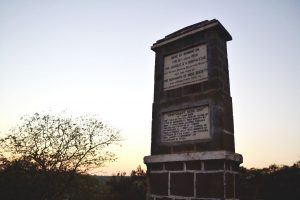
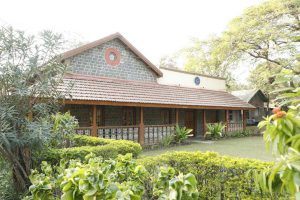
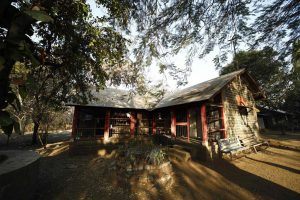
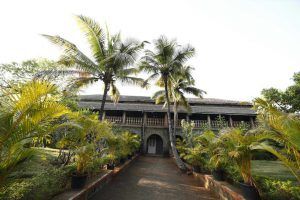
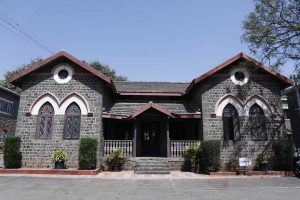
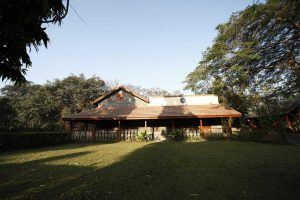
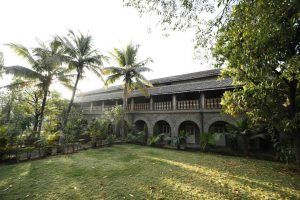
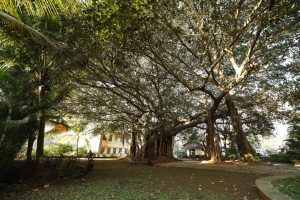
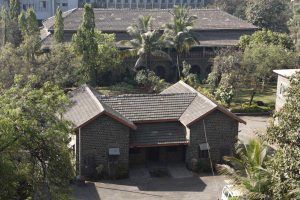
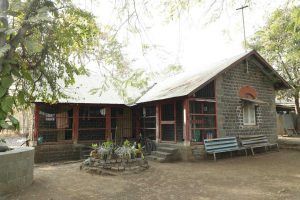
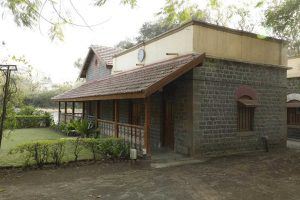
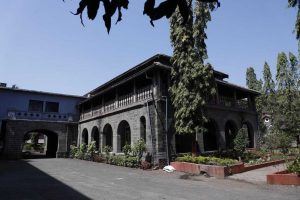
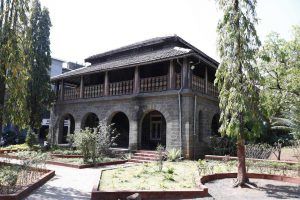
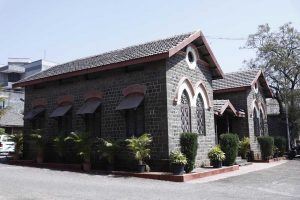
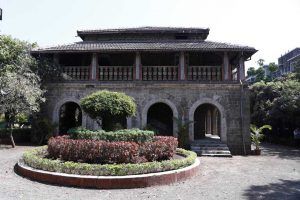
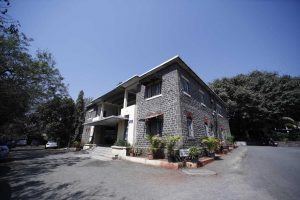
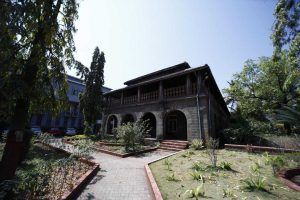
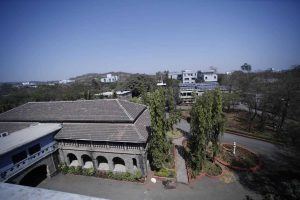
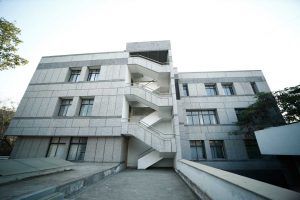
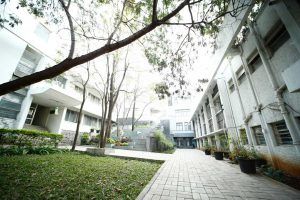
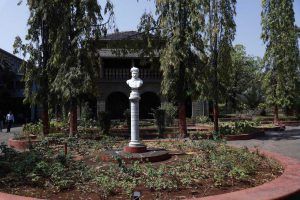
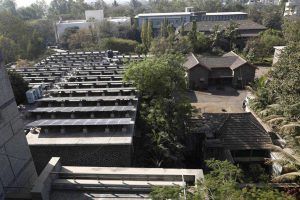
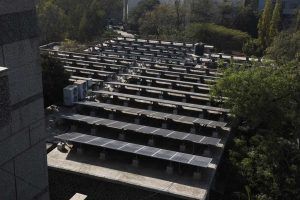
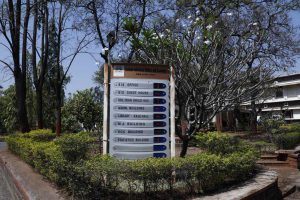
Classrooms
Our classrooms are modernised and equipped with state-of-the-art desks, seating, and teaching assistance products. They have the facility to record the instructor and the board and conduct in-person and virtual classes at the same time. We aim to teach in the most effective way possible, and a fun environment.
We believe that a stress-free environment is imperative to gaining confidence, and classrooms are the most important places in that respect. Active participation of students in sessions is highly encouraged. A variety of media and tools are used to ensure deep engagement in the classrooms. They cater to a large set of pedagogy and learning styles. Independent learning and student autonomy are also encouraged. Students’ progress is continually assessed.
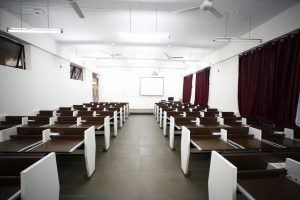
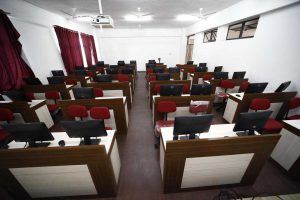
Computer Lab
This lab is a multi-purpose technology and collaborative workspace. The lab serves multiple purposes, and importantly the teaching, learning and research needs of faculty members, staff and students. Additionally, the Research Commons, an assistive lab to the main one, is equipped with more than 40 machines which students can access freely and openly.

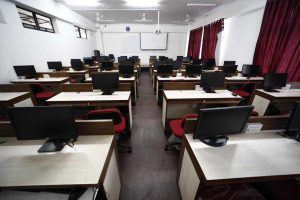
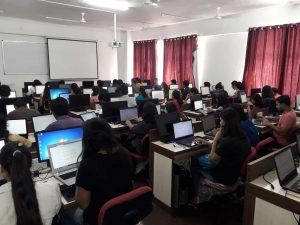
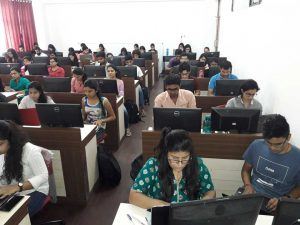
Library
The Dhananjayrao Gadgil library was established in 1905 and predates the establishment of the Institute by 25 years. The D R Gadgil Library possesses a 280,000-strong collection of books and periodicals. The three-storied building has five levels.
The Ground Level has the core collection on economics, all the reference material under the Sun, and textbooks. The First Level has bound volumes and the latest periodicals. The bound-back volumes have more than 2000 periodical titles.
The Second Level possesses an almost unbroken series of proceedings of both Union and State legislatures in India. A large collection of reports of various commissions and committees appointed not just by governments of states and the Government of India, but that by federal governments in the UK and the US exist here.
The Third Level contains books and reference material on History, Geography, Politics, Social Science, and Computer Science. The cool and vintage Basement Level has a repository collection of reports and documents published by the United Nations, the European Commission, the International Court of justice, the International Monetary fund and the World Bank.
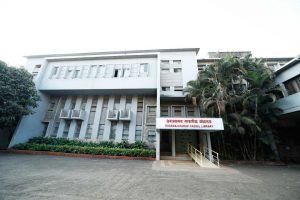
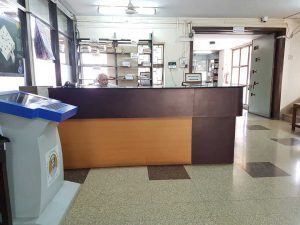
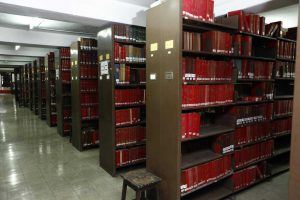
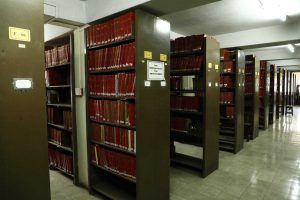
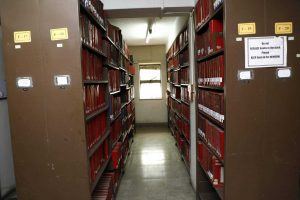
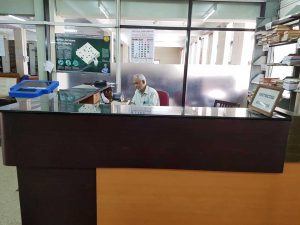
Seminar Hall and Auditorium
The Institute has a well-equipped and fully air-conditioned Seminar Hall with all the modern facilities and a seating capacity of 70. Weekly seminars by in-house PhD scholars, external experts, and faculty members are organised here. In addition. there is a separate Conference Room, and it has a seating capacity of 20. This room serves best for smaller and focused meetings. In today’s world where remote attendance and virtual meetings are a norm, both the Seminar Hall and the Conference Room equip the users with a seamless experience.
The R R Kale Hall in the Library Block is the biggest auditorium-size hall at the Institute. It is designed with excellent acoustics, and premium seating for 300 guests or attendees, and is the go-to place for the Institute and research centres for organising large conferences and workshops.
Nobel laureates Amartya Sen, Joan Robinson and Wassily Leontief, former President of India APJ Abdul Kalam, former Prime Minister of India Dr Manmohan Singh, former Governor of the Reserve Bank of India Raghuram Rajan have adorned the Seminar Hall and the Kale Hall.
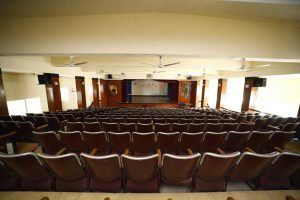
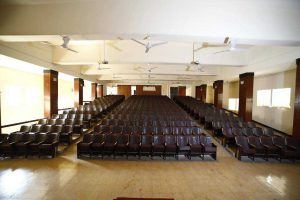
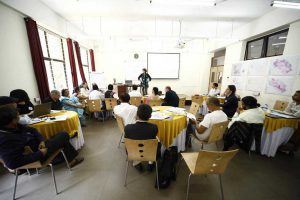
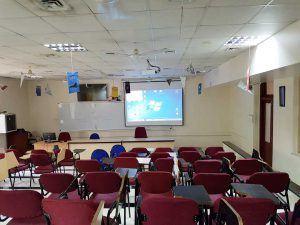
Residential Campus
Hostels & Mess
There are three hostels on the five-acre residential campus, with two reserved for girls. There is a separate area for staff quarters, with buildings and row houses. The residential campus is situated at a distance of 500 metres from the academic campus. Adequate hostel accommodation is available for existing students. Keeping in mind the centenary goals (2030) of the Institute, the expansion of the residential campus is in the planning stage.
The girls’ hostel was designed by renowned architect and urban planner Christopher Charles Benninger in the period 1996-1998. The hostel provides a decent quality of living in green surroundings and acts as a home away from home for students hailing from all parts of the country. Rooms are usually shared among two or three students. The hostel has its kitchen and a dining hall that provides hygienic and nutritious meals at affordable prices.
The Institute makes its best efforts to provide necessary services and facilities available to the students. To make the stay pleasant, students regularly organise and participate in, events at the Institute. The students’ event is as occupied as the Institute’s. Sports and culture clubs, food, dining and hiking groups have been formed by the students, and they ensure dynamism at the campus.
Facilities provided in each room are high-speed broadband Wi-Fi, solar hot water, bedding, tables and chairs, curtains and mirrors, individual cabinets, and attached washrooms.
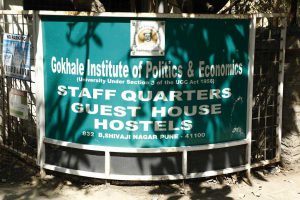
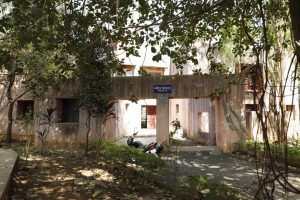
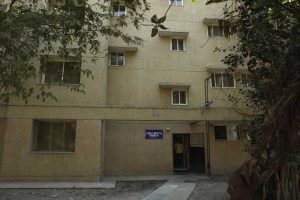
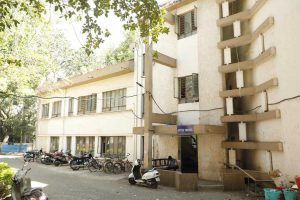
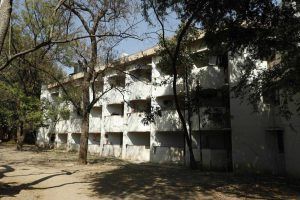
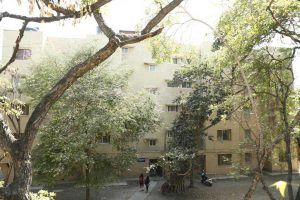
Residence
Staff quarters, student hostels, the Guest House, and the Health Centre are located on the residential campus. Nearly all members of faculty and staff reside at their institutional residences. The campus has adopted the Clean Campus, Green Campus policy, and has also developed a zero-waste-based garden, in which organic vegetables/fruits are produced.
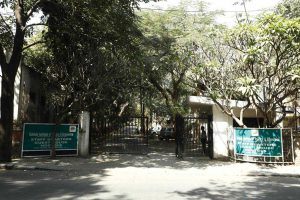
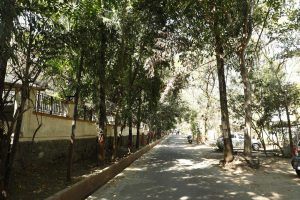
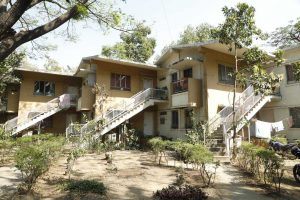
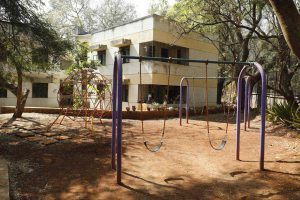
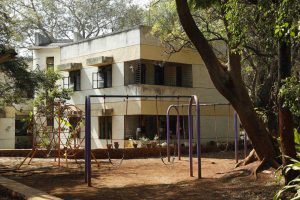
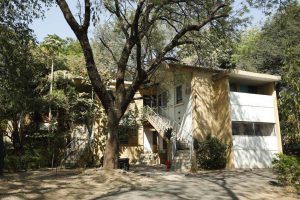
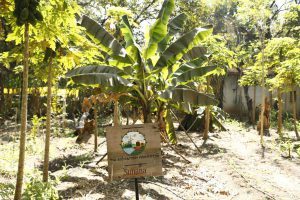
Guest House
The residential campus at the Institute has a well-furnished Guest House with 12 rooms for scholars, visiting faculty, event guests and dignitaries arriving at the Institute for a temporary period. The Guest House is primarily meant for official guests and the participants of seminars/workshops/conferences. Events sponsored by the Institute or its departments and centres, as well as those sponsored by the Government and the UGC, usually avail the Guest House facility.
To book, write to us at guesthouse@gipe.ac.in.
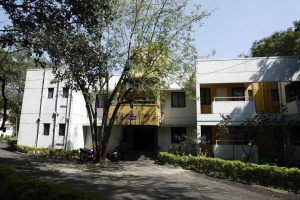
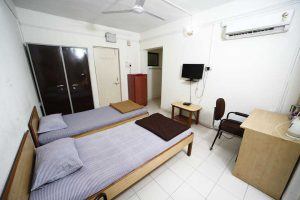
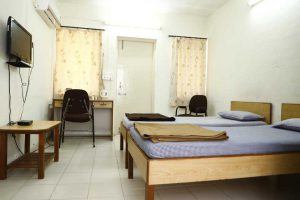
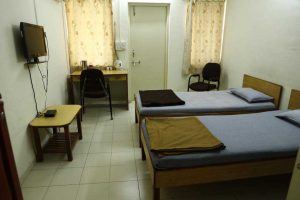
Campus Tour
Student Says


